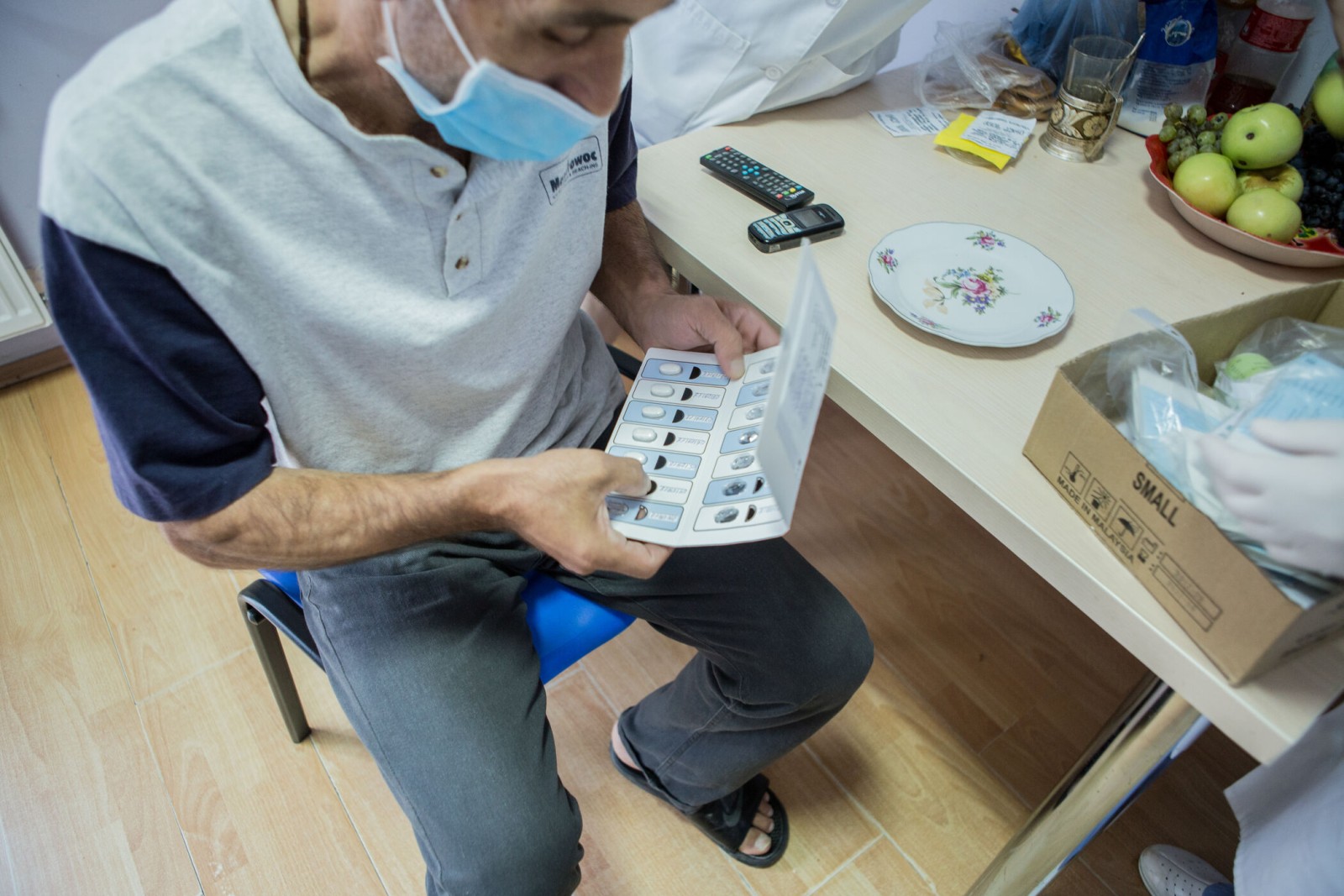No sales teams for anti-tuberculosis medicines, to shrink the risk of overselling
Date
18 November 2021

When antimicrobial products are used too much or wrongly, they can become ineffective and drive AMR. Companies that rely on making high volumes of sales may deploy sales practices that lead to overselling and promote inappropriate use. When companies choose not to promote their products, they can mitigate this risk and help to limit resistance.
Given the wide spread of multidrug-resistant and extensively drug-resistant tuberculosis (MDR-TB and XDR-TB), it is crucial that new medicines do not become ineffective. These are medicines of last resort, and global health and national public health bodies recommend they be made available only in specialised centres under tightly controlled conditions.
What does best practice look like?
Otsuka, Johnson & Johnson and Viatris have chosen not to promote their on-patent tuberculosis medicines (respectively delamanid/Deltyba®, bedaquiline/Sirturo® and pretomanid/Doprevla) in most countries, despite having received marketing authorisation. Johnson & Johnson does promote bedaquiline (Sirturo®) in at least one country. These are the only three on-patent medicines for the disease: the first two are used to treat MDR-TB, while the newer Dovprela (first approved in 2019) treats XDR-TB, non-responsive MDR-TB and treatment-intolerant TB.
By choosing not to promote, these three companies remove the risk of incentivising sales agents to oversell to healthcare professionals. In 2020, the Benchmark recognised Otsuka and Johnson & Johnson for best practice: both remain consistent in their approach.
Next Steps
It is especially important that strong stewardship measures are used for new medicines to help patients who do not respond to other treatment. Promotion can lead to overselling and weaken treatment effectiveness. The decision to not promote these medicines is a significant step in the right direction.
Many companies still promote their antibacterial and antifungal medicines to healthcare professionals. In the case of last-resort antibiotics (such as those the WHO classifies as “reserve”), the Benchmark urges manufacturers to avoid promotion to mitigate overselling, misuse and the spread of resistance.